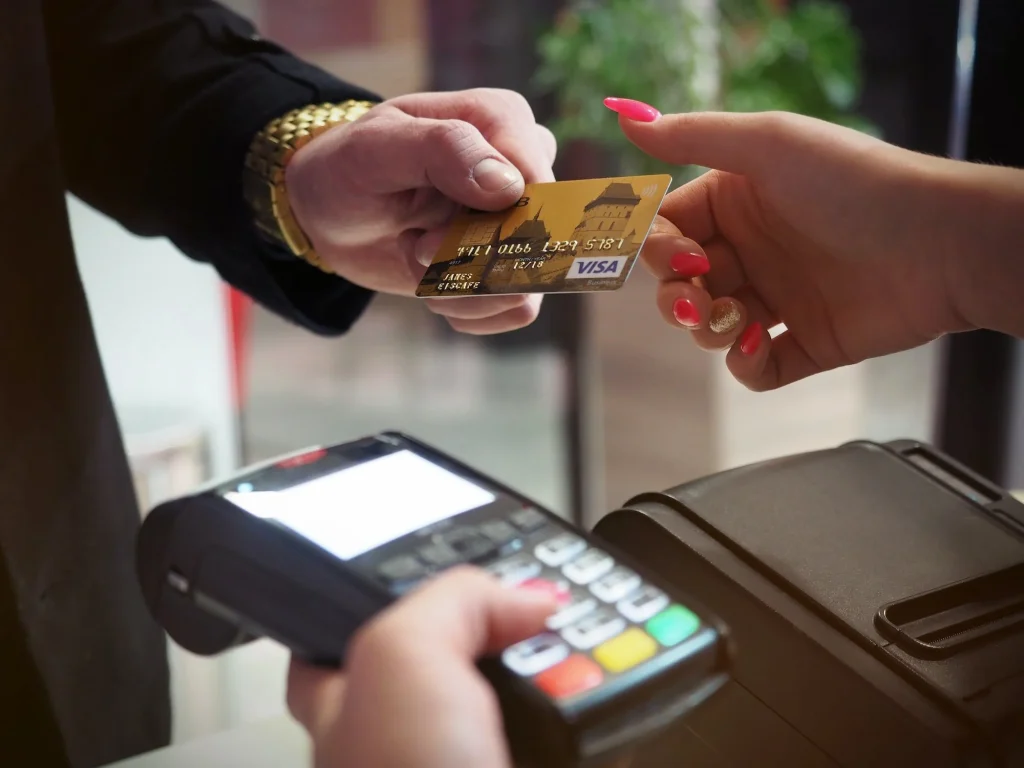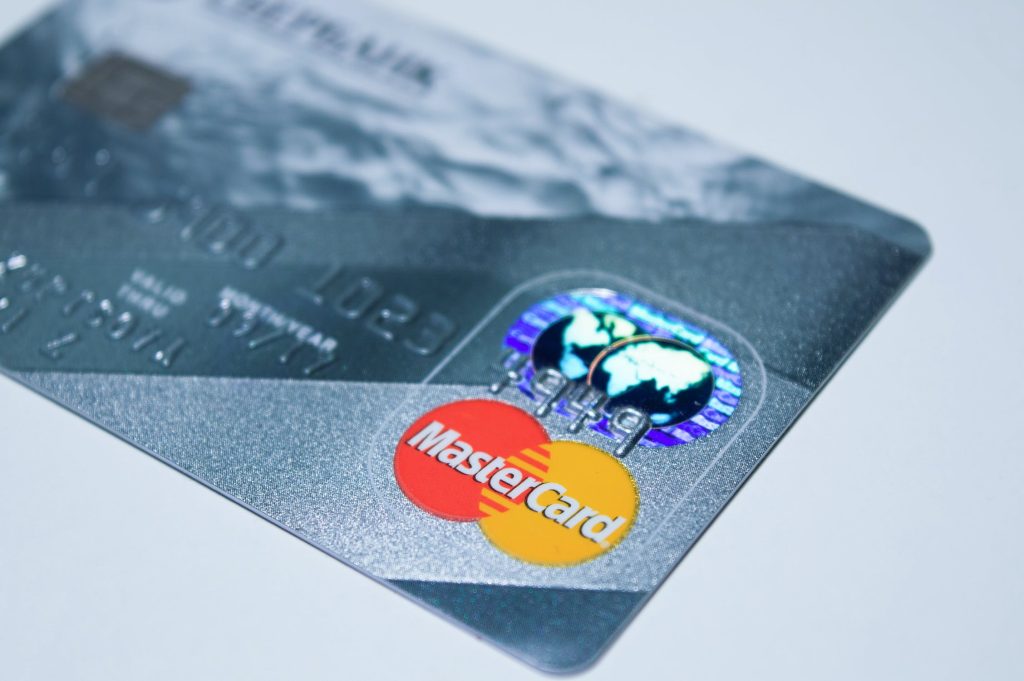The chance of being the victim of identity theft is higher than it has ever been. Indeed, certain numbers suggest that as high as 15 million Americans personally suffer from some form of identity theft every year. Clean up of the mess associated the theft of identity is likely to be a long complicated and difficult process.
You’re likely to spend a lot of time calling trying to recover your money and to get your credit score to be restored to normal. You’ll need to contact the businesses that made the mistake and put an alert for fraud on all three of your credit reports. Fortunately, there’s an option to avoid the hassle.
A simple tool known as credit freeze can spare you from the stress of dealing with identity theft, possibly stopping the theft at all. Find out more about the importance of a credit freeze as well as the reasons why you should use one.

What is a credit freeze?
A credit freeze (also called a security freeze or freeze on your credit report) can be used to block creditors and credit card companies from gaining access to your credit data. This prevents identity theft since it blocks those who apply for credit or loans until you remove the freeze.
For instance, let’s say an identity theft criminal submits an application for credit card using your Social Security number. Credit card companies will likely want to check your credit report to determine the likelihood that you will pay your monthly bills.
If there is a credit freeze, they will not be able to access the information. They will reject the identity theft thief’s application.
If you have an existing security freeze there are some situations where someone could have access to your credit report. Your existing creditors or debt collectors still have access to the report. Child support and government agencies that have been granted authorization by an order of a court or subpoena or search warrant can also access your information.
However, since these businesses and agencies aren’t involved in the opening of new credit lines in your name, you won’t need to be concerned about identity theft in these circumstances.
What is a credit lock?
A credit lock works akin to the credit freeze. Credit locks let you block access to your credit report from the majority of lenders. However, it also allows you to open your credit file at any point. It is possible to do this immediately via your laptop or on your mobile phone.
What’s the difference? The most significant distinction is that it’s much easier to unlock the lock on a credit card as opposed to defreeze the credit freeze. This is because the credit freeze needs the using a password protected account, or PIN.
Why should you freeze your credit?
Affidancing your credit report to freeze is a wise choice because it protects your credit even the fact that your personal information was compromised. In the end you should think about blocking your credit report, even in the event that you aren’t aware of the theft of your personal information.
It’s a simple step to take prior to any potential identity theft. It’s also essential to take care of since you might not be aware that your personal information has been hacked.
Security Breaches
Hackers are constantly targeting major corporations around the globe in a bid to take credit card numbers, Social Security numbers, and other personal information. To make matters even more difficult they may not be aware of the compromised data until long after the incident has occurred.
For instance, 80 million members and employees of the health insurance company Anthem were victimized by having their Social Security numbers stolen in the beginning of December 2014.
But, Anthem did not even know the breach of data occurred until the end of January 2015, and didn’t make any announcements until the following week. It was nearly two months that millions of people’s credit reports were made available to identity thieves without even realizing it.
Anthem eventually provided free credit monitoring to its members. However having a basic security freeze would have provided an additional layer of security, especially during the first two months of inexperience.

How do you freeze your credit report?
To block your credit file, make contact with each of three credit bureaus nationwide (Equifax, Experian, and TransUnion) individually and request an order to freeze.
Every credit bureau will give you an individual PIN that is used to lift temporarily or take away the freeze. Based on the state you live in you might be able to put a freeze on your credit report free, or be charged an amount.
Your security freeze has to be put into effect within one business day, if you submit the request online or via phone. If you send your request by mail, it must be put into effect not later than three business days after it has been received, as stipulated by law.
Freeze Your Credit Report Online
The quickest method to stop your credit report from being frozen is online and it is possible to do so right on the website of the credit bureau:
Freeze Your Credit Report by Phone
Equifax: 888-298-0045
Experian: 888-EXPERIAN (888-397-3742)
TransUnion: 888-909-8872
Freeze Your Credit Report by Mail
Equifax Information Services LLC
P.O. Box 105788
Atlanta, GA 30348-5788
Experian Security Freeze
P.O. Box 9554
Allen, TX 75013
TransUnion
P.O. Box 160
Woodlyn, PA 19094
How does a credit freeze affect your credit score?
The process of implementing a credit freeze will have no effect on your credit in any way. The only impact it can have on your credit score to keep it safe from potential threats from thieves.
A security freeze won’t hinder you from receiving the free credit report each year from all three credit bureaus that are the largest. You can still request that information each year through AnnualCreditReport.com.
You’ll also continue to be able to receive credit offers that have been pre-screened once you have an existing credit freeze. But, you can decide to opt out of these.
Credit freezes are only used to limit lenders access to your credit history. They don’t at all control your credit card or bank transactions. So, you’ll must be vigilant about these transactions to ensure there’s nothing suspicious going on.
Many banks create alerts to spot irregular pattern of spending on your accounts, but don’t solely depend on them to track your funds. For instance the identity theft of people opening accounts under your name and utilizing existing accounts are two distinct crimes. Therefore, they need to be monitored and treated in a different way.
How much will it cost to freeze your credit?
As of Sept. 21, 2018, federal law requires all three major credit bureaus to freeze your credit for free.
How do you unfreeze your credit report?
There are two options to get rid of the credit freeze, temporary or permanent. A temporary lift can be used when you’re attempting to get an loan, credit card or a job that needs a thorough background investigation.
Be sure to plan ahead for the credit report because it could be up to three days after submitting your request for the agency to take the necessary steps to lift the freeze.
To save time and cash, inquire with the lender or potential employer the credit report agency they are planning to contact. This way, you can just lift the one particular credit freeze.
Permanent Lift
A permanent lift as the name suggests completely removes the freeze on credit from your report. Whichever option you choose to use, you’ll require your PIN. You should have received an acknowledgment letter when you first put the credit freeze in place.
You’ll need separate PINs for each credit report agency, so make sure to put all three in a safe location.
What happens if you lose your security PIN?
If you’ve lost or misplaced your security PIN number for one (or the entire) of the three credit bureaus mentioned above, you’ll have to notify each bureau in writing.
With your request, make sure to include an original copy of your ID proof like your driver’s licence, birth certificate or passport. There is likely to be a cost to send you an updated PIN. The cost is usually between $5 to $10 based on the state you live in.

What other things can you do to prevent identity theft?
There are three kinds of identity theft, as classified by the Bureau of Justice:
- Unauthorized use of a credit account.
- Illegal use of personal data to create an account.
- The misuse of personal information for fraudulent reasons.
Any attempt to carry out any of these activities could are considered to be fraud.
In addition to applying a credit freeze, there are other ways to protect yourself from identity theft. The first is putting an alert about fraud on your credit report.
Fraud Alerts
A fraud alert requires lenders to check your identity prior to giving any type of credit. The company will attempt to contact you to confirm this therefore make sure that your contact details are current.
You need to request an alert about fraud by one of the credit rating agencies, and the agency will notify the two other agencies of your request. The fraud alerts are complimentary for 90 days, and they can be renewed.
Credit Monitoring
Another alternative is to sign-up for an online credit monitoring service which will track your credit score, notify that you about any modifications to your credit score or possibly both.The cost and details of the service depend on the company you choose make sure you do your homework before deciding on one.
Final Thoughts
Identity theft is now an everyday occurrence in modern world. It’s becoming more and more likely you’ll be impacted by this crime at some moment throughout your lifetime.
Take proactive steps to prevent falling victim to. There are a myriad of options and services on the market today applying the credit freeze is a cost-effective, low-cost solution to stop criminals from establishing new credit accounts using your personal details.

Credit Freeze FAQs
Who can place a credit freeze?
According to the FTC The FTC states that anyone can freeze their credit report even the identity of the person has not been stolen.
How long does a credit freeze last?
A credit freeze generally will last until you lift it or completely take it off. In certain states the credit freeze can expire automatically after a period of seven years.
Can I still apply for credit while my credit is frozen?
If you have an existing credit freeze you won’t be able to get credit approval until you defrost or de-freeze your credit report. When your credit report is free of freezes and you’re ready to apply for credit card, loan or financing in-store. You can also remove the freeze after you’re done, if you’d like.
Can I place a credit freeze on my child’s credit report?
If your children are minors and have credit file it’s an excellent idea block them. You’ll require a birth certificate of your child, Social Security card, and evidence of the address of your child. The next step is to contact any of the major credit bureaus (Equifax, Experian, and TransUnion) and request a credit freeze is placed on the credit report of your child.




